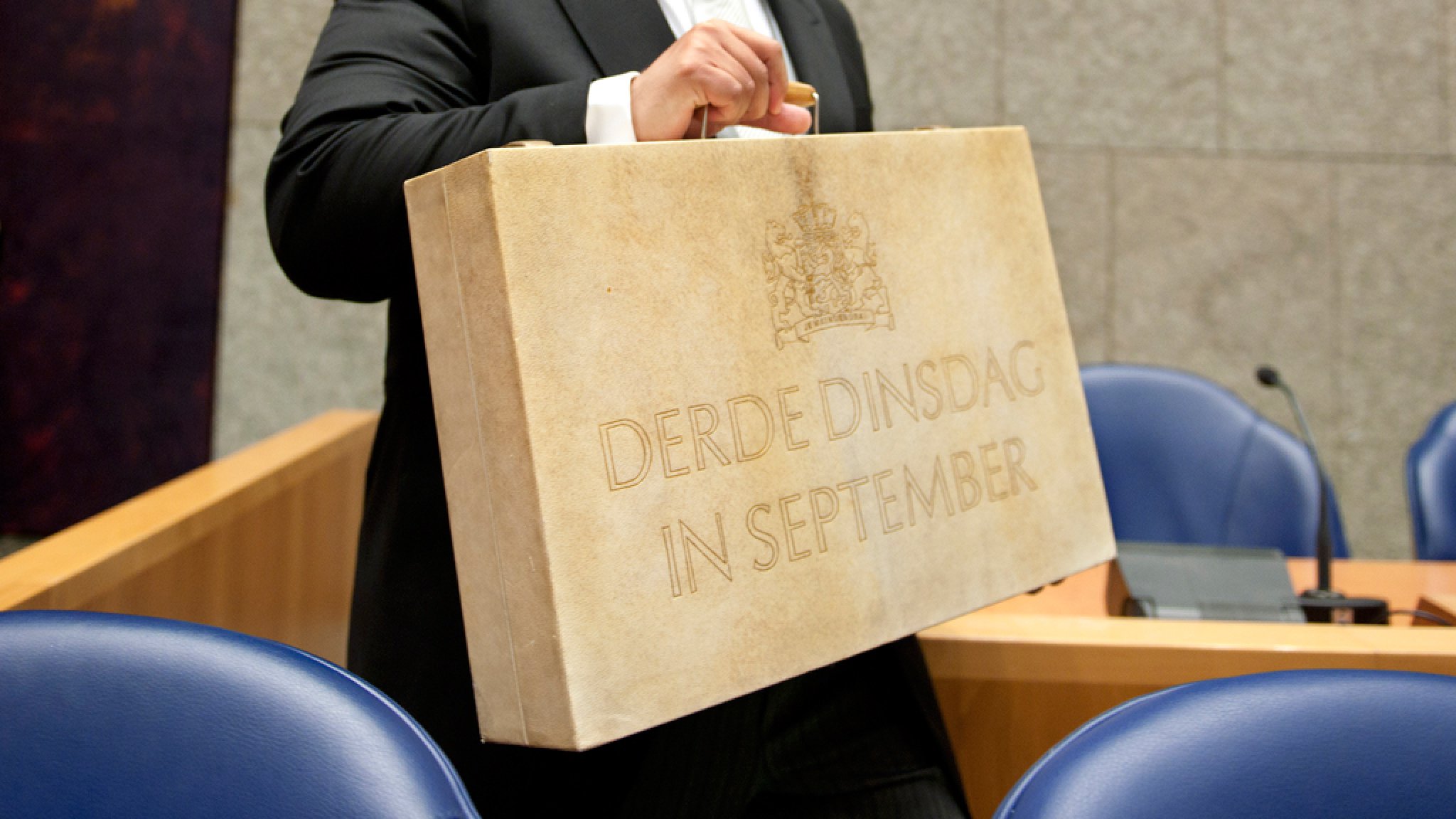On September 21, 2021, the Ministry of Finance presented the 2022 Dutch budget, including the tax plan to parliament. Following the political debates, political agreement was reached to make several amendments to the 2022 tax plan. These amendments resulted from a motion that was submitted on September 23, 2021. The purpose of these amendments is to enable certain public expenditures to be funded.
The expected amendments to the 2022 tax plan are:
- Tightening of the earnings stripping rule: Currently, net interest expenses of taxpayers are only deductible for CIT purposes up to an amount of 30% of the taxpayer’s fiscal EBITDA or €1 million, whichever is higher. The (outgoing) Secretary of Finance has indicated that he will submit a proposal limiting the deduction percentage from 30% to 20% of the fiscal EBITDA. On September 13, 2021, a study was completed on how the tax treatment of equity and debt could be treated more equally. This study showed that this could be achieved by limiting the deduction percentage under the earnings stripping rule to 20%. In addition, a member of parliament pointed out the risk of “splitting up” of taxpayers in order to benefit from the threshold (€ 1 million) in the earnings stripping rule. The (outgoing) Secretary of Finance has indicated that the risk of splitting up of taxpayers shall be considered jointly with the amendment of the reduced percentage mentioned above.
- Increasing the highest corporate income tax rate: Currently, the highest corporate income tax rate is 25%. This rate is likely to be increased to 25.8%.
These amendments are expected to take effect on 1 January, 2022. A formal amendment to the 2022 tax plan has not yet been published. It is expected that these amendments will be formalized in a memorandum of amendment by the end of next week.
